
What does it take to market a new apparel collection? What data sets are you using to make strategic decisions? One data set that you can’t afford not to use is generative AI-powered online review analytics. The advantage of this data is that it’s from verified buyers, consumers who have already purchased your product. That means their review, whether positive or negative, reflects their genuine experience using your product. Ultimately, the data can help identify trends and attributes that can make or break your brand.
Revuze’s category-level data can give you unique insights into consumer behavior in a specific vertical. For the sake of this blog post, we will leverage the data to explore the Tops apparel hierarchy in the US with the ultimate hypothetical goal of marketing a new sustainable product line. Online review analytics will be used to achieve this goal.
Get Started
Take the plunge into the hierarchy data to understand who the dominant players are and the key product topics.
To start, we see the fashion brands with the biggest share of discussion and their sentiment plotted on the chart. We see that the average consumer sentiment is 71%, with many leading brands exceeding that. Hanes brand tops stand out because they have the highest share of discussion but with consumer sentiment of 65%. Adidas emerges as the brand with both the highest share of discussion and sentiment, 81%. This already gives us an indication of the dominant brands in the market and consumer behavior.
Beyond the brands themselves, what are the key product attributes or topics that consumers are discussing? Revuze’s generative AI deftly extracts the topics from the various reviews but also assigns them sentiment. This makes it easy for brands to assess what consumers care about most across the entire category. However, how does it inform marketing decisions?
What Drives Star Ratings
Understanding what topics drive elusive five star ratings is key to any marketing initiative. These are the topics that should be swiftly incorporated into your marketing messaging. Two of the topic product attributes for Tops are “Fit” and “Comfort.” So even with a new sustainable fashion collection, these should be part of the product messaging.
Messaging can be adapted even more using the language and terminology of the consumers themselves. That’s where Revuze’s Term Cloud comes in, highlighting the top words and their sentiment. Overall we see the terms are mostly positive with phrases like: fits perfectly, comfortable, love fit, and more.
Marketing Sustainable Fashion
Sustainable fashion is nothing new. Many brands like H&M and Patagonia have carved out a niche for themselves in this area for years. Before launching the campaign, check out the topic’s trend over time, which peaked in January 2023 and had positive sentiment. In our example, Nike emerges as the brand with the highest consumer sentiment in the “Sustainability” topic.
Consumers who expressed a positive sentiment around sustainable fashion, particularly in the context of a shirt made from recycled plastic bottles, highlighted several key aspects. Firstly, the shirt’s creation from recycled materials underscores a commendable commitment to sustainability and the use of eco-friendly materials by the company. Additionally, this approach to fashion not only contributes to environmental conservation but also enhances the durability and longevity of the shirt. Furthermore, the fabric’s softness and comfort against the skin are notable, providing a tangible benefit to the wearer while promoting sustainable practices:
One consumer wrote: “It is made out of a light-weight thin synthetic fabric made out of recycled plastic (huge star for that)?”
Reviews with a negative sentiment around apparel sustainability, focused on clothing labeled as “Eco-Smart,” centers on several concerns. The term “Eco-Smart” is perceived as misleading, falling into the category of greenwashing. Additionally, the material made from recycled plastic is criticized for its rough texture and lack of breathability. Consumers also note that the quality of clothing made from recycled materials often falls short compared to those made from non-recycled materials. Further issues include problems with the fit, durability, and a noticeable odor in the recycled material clothing, detracting from the overall appeal and satisfaction of the customers.
Another consumer shared: “His jacket looks great but it’s worthless when it comes to keeping you warm. No idea what kind of defective insulation they use. I think it might be some sort of “environmentally friendly” recycled material insulation. If that’s the case, it’s garbage. Super disappointed.”
Marketing Your New Sustainable Fashion Brand
Nike has been vocal about becoming a sustainable company since with its “Move to Zero” campaign which is an effort to shrink its carbon footprint. As you plan your own campaign:
- What elements from Nike’s campaign can be incorporated into yours?
- What attributes and topics from verified buyers can be part of your new sustainable apparel collection?
- What topics do consumers associate with your brand that should be maximized to market the new apparel collection?
We saw earlier that consumer value brands that value recycled materials while ensuring the garment itself is still comfortable and has a great fit.
Conclusion
Leveraging data-driven marketing through Revuze’s generative AI offers a revolutionary approach for apparel brands. By analyzing online reviews from verified buyers, brands gain invaluable insights into consumer behavior and preferences. This is particularly crucial in marketing sustainable fashion lines. While positive sentiments highlight the environmental commitment and quality of sustainable products, challenges like perceived greenwashing and material issues are also revealed. Brands like Nike, with their “Move to Zero” campaign, exemplify how to effectively incorporate these insights into marketing strategies. As brands plan their sustainable collections, focusing on key consumer values such as eco-friendliness, comfort, and fit is essential. This balanced approach ensures that sustainability is not just a buzzword but a core attribute of the product that resonates with consumers’ expectations and desires. Learn more about how Revuze’s online review analytics can support your marketing efforts by clicking here.
 All
Articles
All
Articles Email
Analytics
Email
Analytics




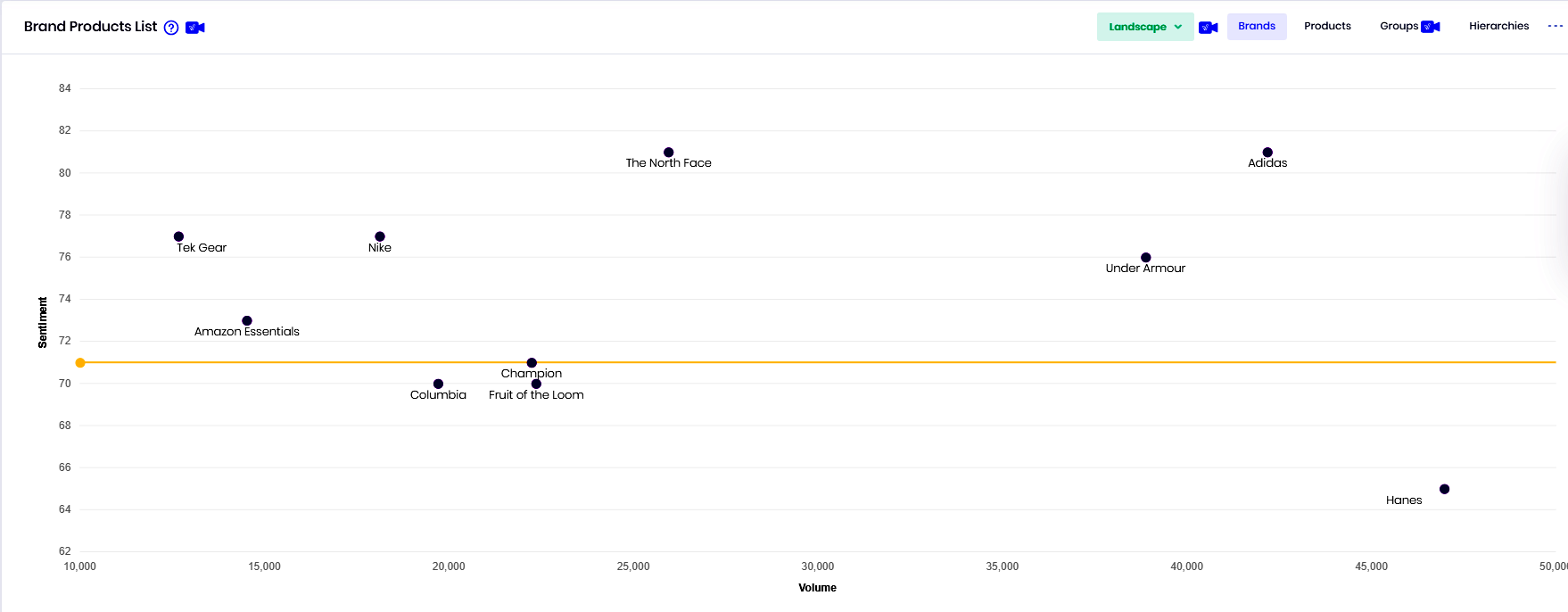

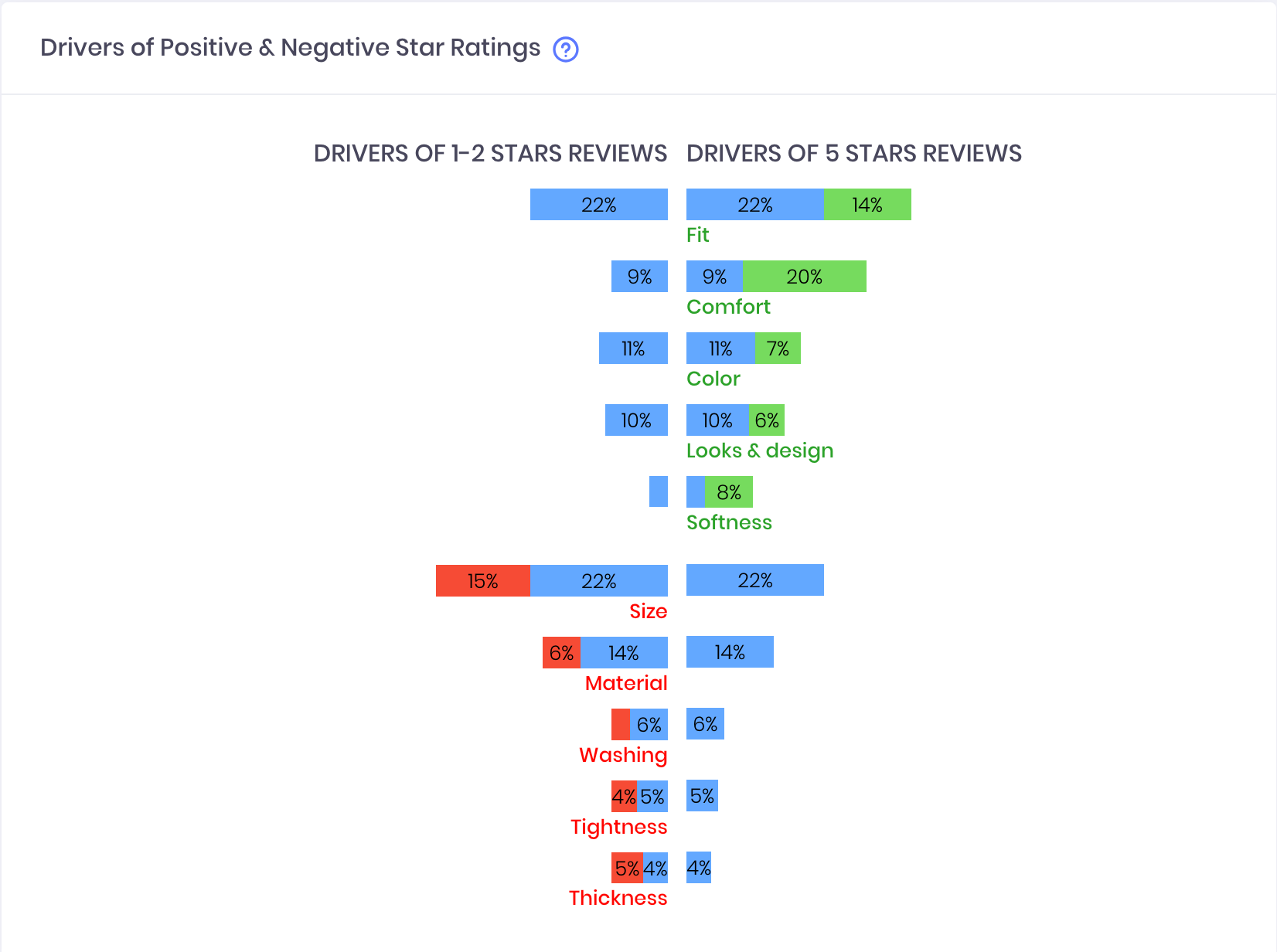
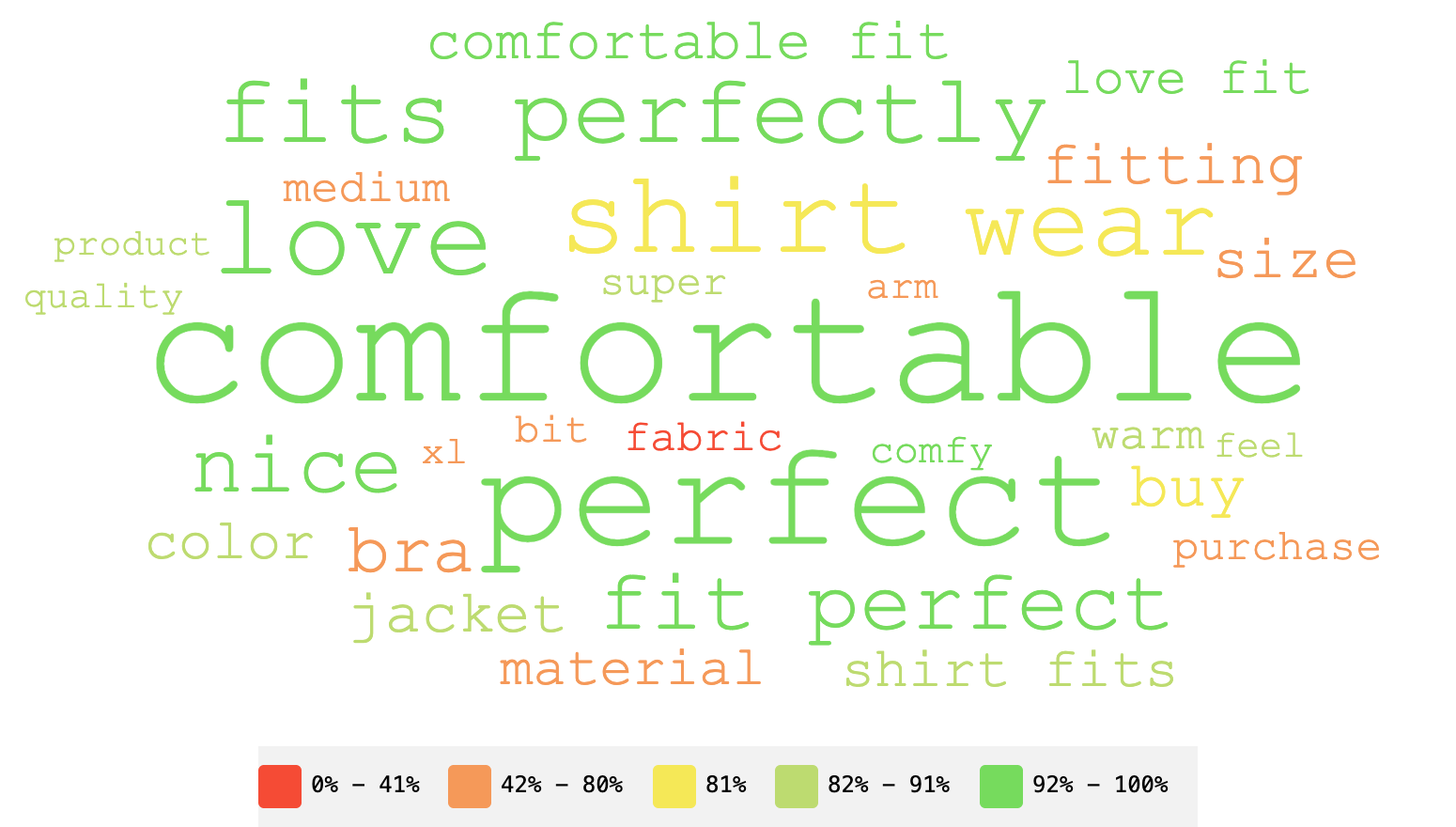

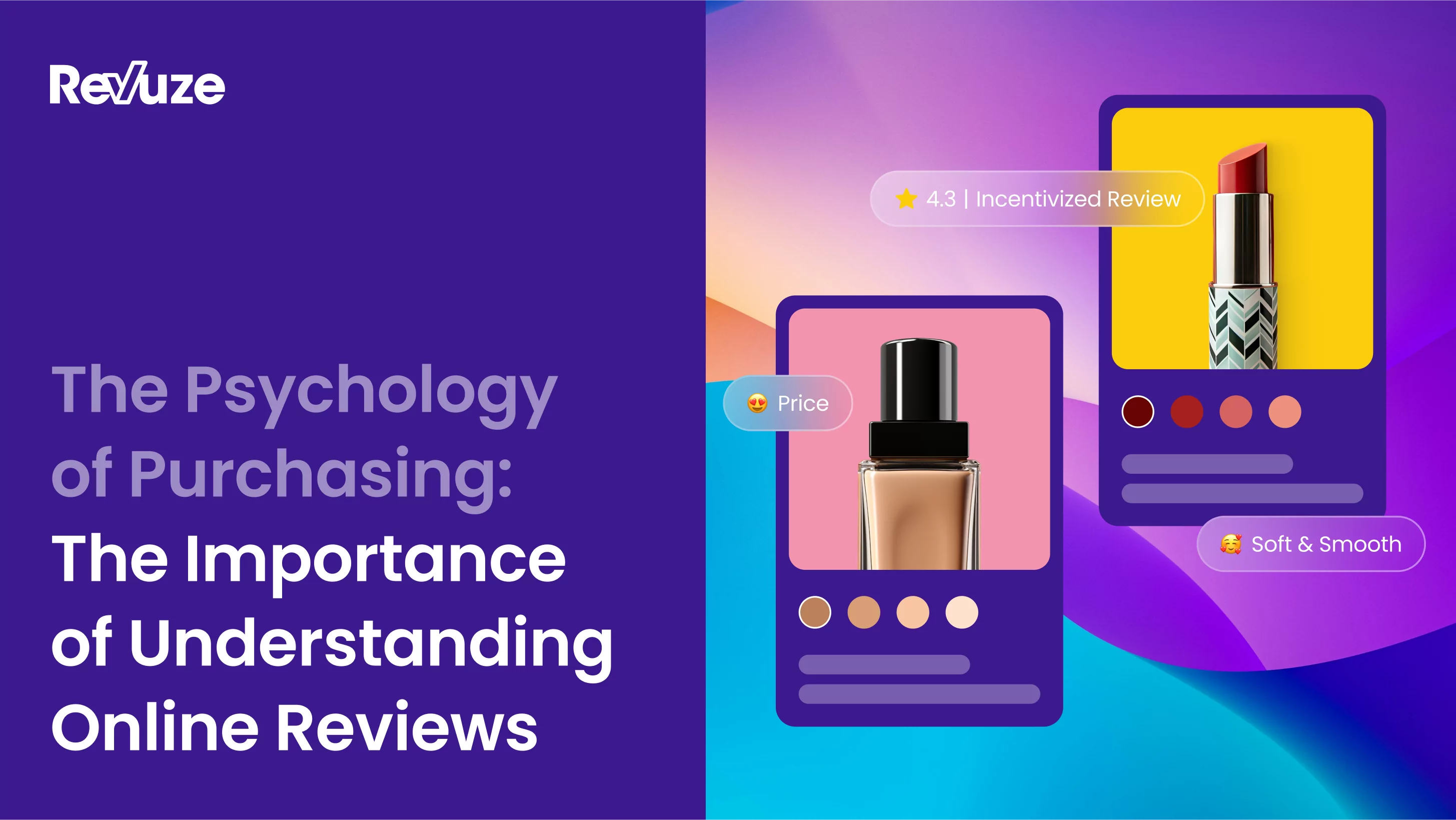
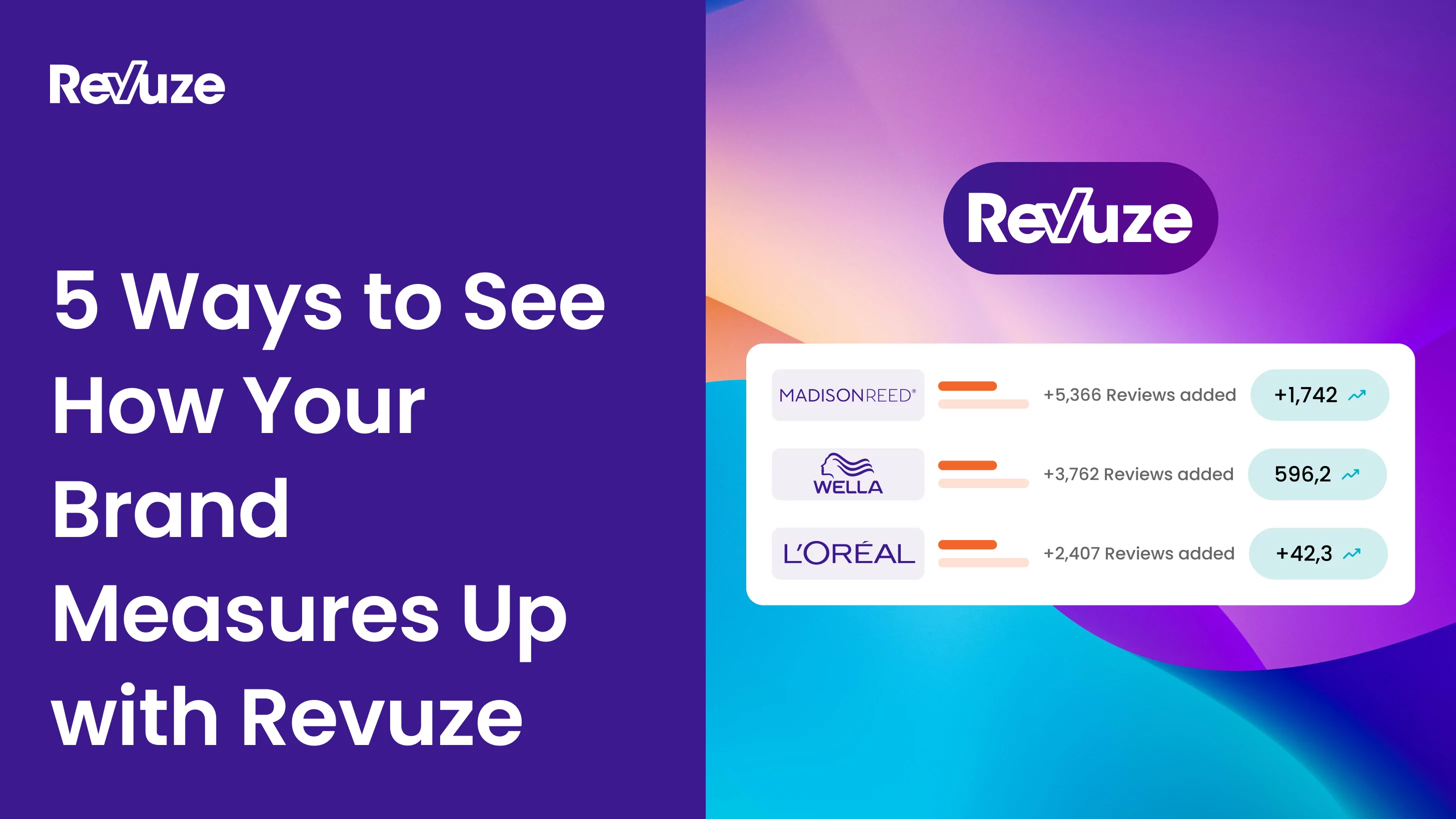
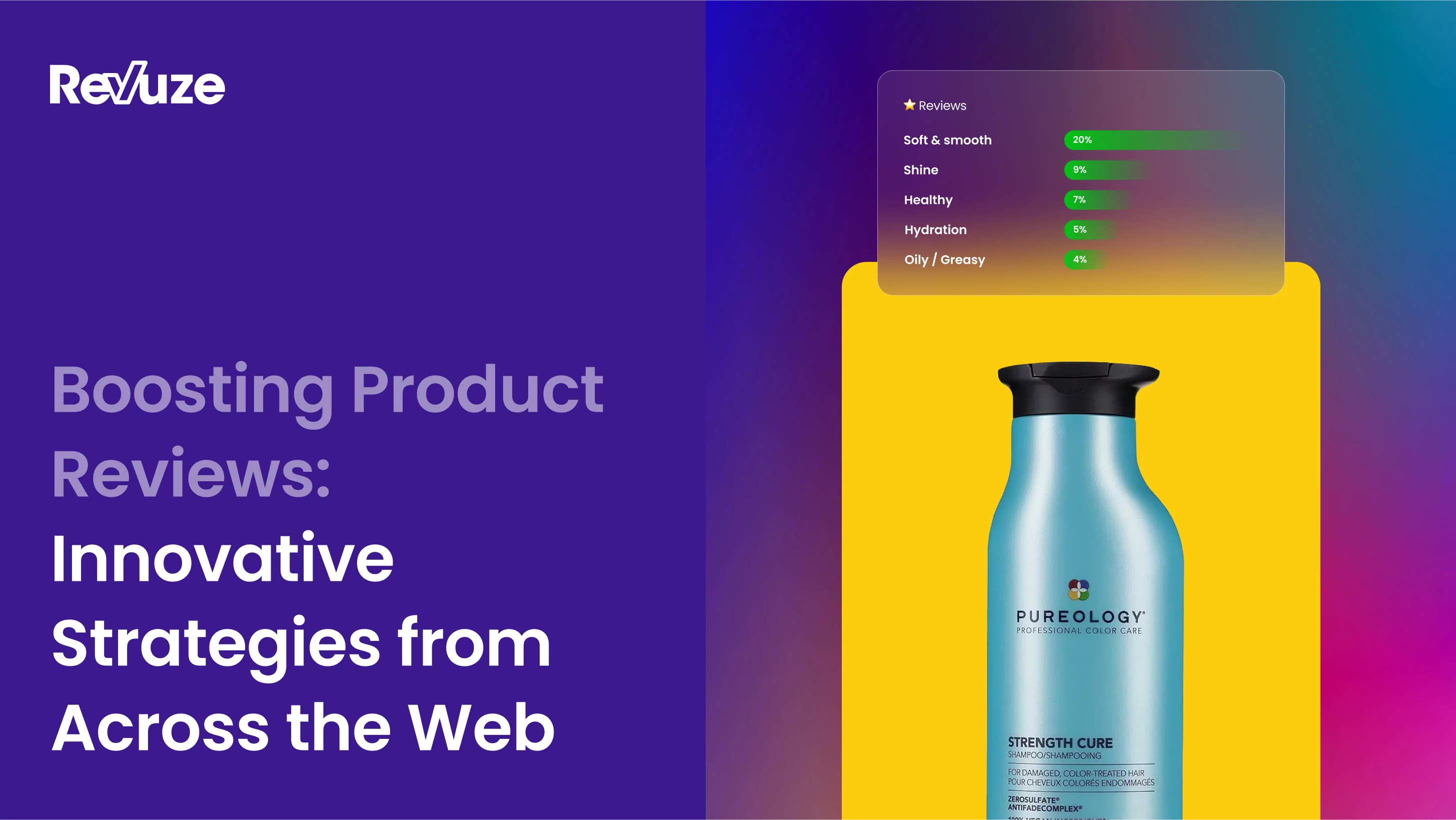
 Agencies
Insights
Agencies
Insights